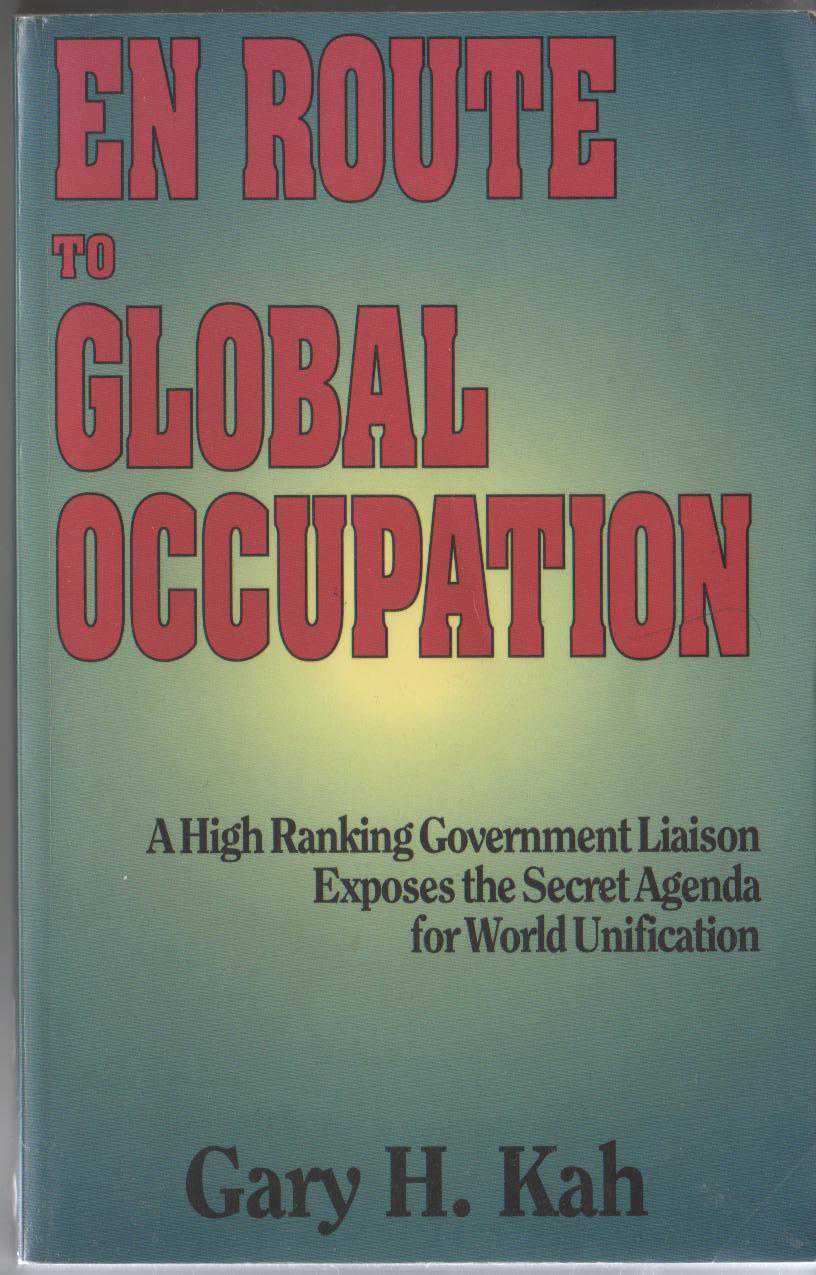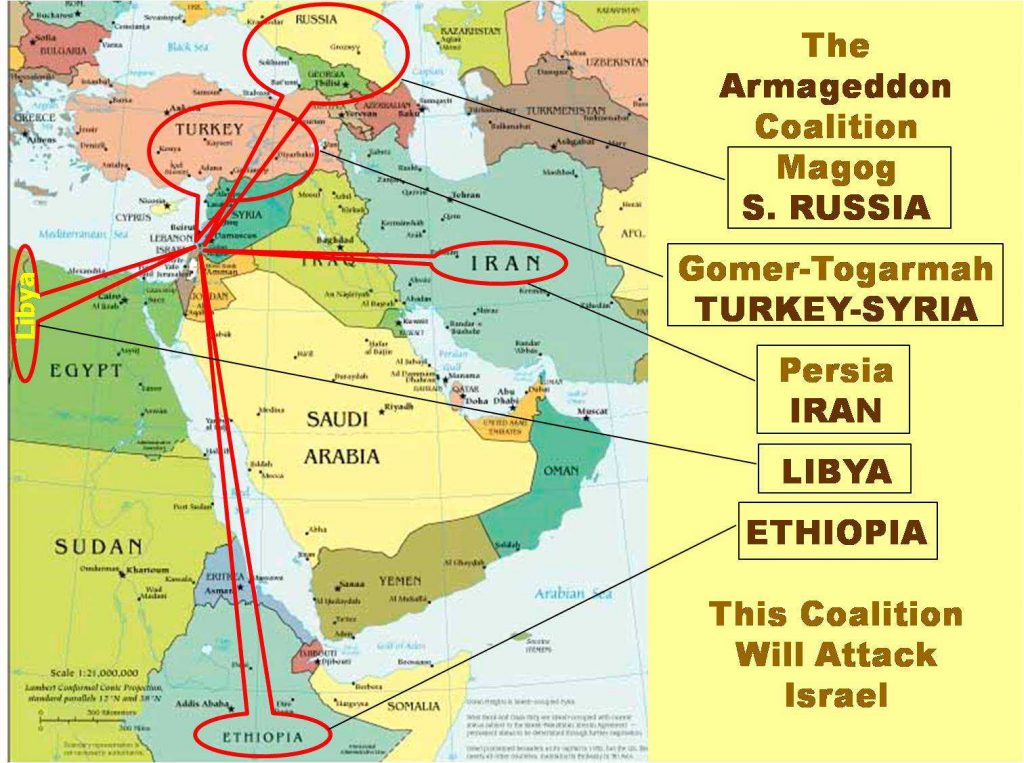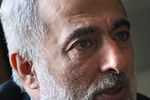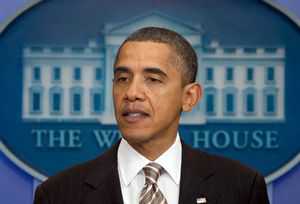 “Chapter 7 – The Coming World Crisis
“Chapter 7 – The Coming World Crisis
[…]
Before the nations of the world ultimately embrace a system of global government, they must first have a reason to do so. Humanity, convinced that permenant world peace cannot be attanied without the creation of a powerful world authority capable of pretecting countries from one another, will eventually sacrifice the current world order – seeing no
alternative. Significant strides have already been made in this directionsince the turn of the century, end if history repeats itself, further “progress” will be made soon.
Two world wars have already been fought in the twentieth century. In each case, an aggresive power was used to ignite a crisis that drew in the rest of the world; and both times the aggressor was defeated. After each war, as supranational organization was established for the alleged purpose of
promoting world peace, first the League of Nations, then the United Nations. Each organization has brought us one step closer to the realization of a one world government. The United Nations today is the closest thing to world government that humanity has ever known. Unlike the incomplete League of Nations, which consisted of only 63 countries and did not include the US, the United Nations consists of 159 nations, nearly every country in the world. Its infrastructure is all-encompassing and includes the World Court, the UN peace-keeping forces, and specialized organizations ranging from the International Monetary Fund (IMF) and the World Bank to the World HealthOrganization (WHO). It oversees dozens of additional agencies ranging from UNESCO to UNICEF, covering virtually every aspect of life. The UN lacks only the power to implement and enforce its strategies.
Could a third world war be used to finally lead mankind to accept a New World Order? If so, how might such a war begin? Who would be its main players? And what would be the outcome? To answer these important questions we must examine those areas where current events and the blueprints of the conspirators coincide with what the Bible teaches must yet take place.
A Possible Scenario
I believe that insiders will initiate a world crisis only if they feel it isnecessary to get the public to accept their New World Order. The mere threat of a major world conflict could be enough to scare the public into accepting such a change-especially when coupled with the existing problems of world hunger and global debt, and the created panic over the environment. As their campaign slogan openly proclaims, “Global Problems Demand Global Solutions!” Historically, however, wars have been effective in advancing the cause of
world government; the fact is, major changes occur more easily during times of crisis.
Unlike the previous world wars in which Germany was the main instigator, the world’s next major conflict will undoubtedly be sparked by the hotbed of tensions surrounding the Middle East. If not Iraq a second time, then perhaps Iran or Syria.
This writer believes that Syria might play a significant role in ushering in the New World Order, if not as an instigator of war, then as a middle man for negotiating peace. It is too critical a nation to remain on the sidelines for very long and, contrary to popular belief, Syria -not Iraq- is the most powerful Islamic military state in the Middle East. It therefore merits close watching.
During the past several years, Syria appears to have been laying the groundwork for its own attack against Israel. Syrian troops now hold long sought after positions in Lebanon and have been prepared for such an invasion since early 1984. According to the USA Department of Defense publication, Soviet Military Power, Syria has also become the site of the largest Soviet arms build-up in the Third World, having contrasted for 19 billion dollars in military hardware. It currently boasts the largest number of Soviet military advisors of any Third World country. (1)
The Syrian government, meanwhile, has effectively turned the tables by falsely warning its people of a coming Israeli attack on Syria, although Israel has repeatedly denied such allegations. (2) According to the Jerusalem Post during one of Syria’s propaganda campaigns several years ago it took a personal statement from Israeli Prime Minister, Yitzak Shamir, to maintain peace. Shamir voiced his “incomprehension” at Syrian “nervousness”, “which, he said, had triggered several strong Soviet warnings to Israel in recent days.” (3) I beleive the Syrian government was deliberately misleading its people in order to justify its own “pre-emptive” strike against Israel down the road. For these reasons, I have chosen to use Syria as our example in this scenario (although a similar scenario could beconstracted using Iraq, Iran, or even Libya).
If the powers-that-be were to move Syria against Israel, it would be Syria’s fatal mistake, planned this way by the conspirators in order to precipitatea world crisis. Unlike previous invasions, the Jewish state this time would have almost no time to respond. Its back would be to the wall quickly as Syrian MIGs would strike over Jerusalem within 4 minutes. Israel would be faced with a very difficult decision -either allow itself to be conquered, or else launch its nuclear arsenal against Syria and possibly Iraq. In late 1986, “London’s Sunday Times printed an article stating that Israel may havea stockpile of as many as 200 nuclear warheads.” (4) So we know that a nuclear exchange is a very real possibility.
There is an Old Testament prophesy concerning Damascus, the capital of Syria, which has yet to be fulfilled. Isaiah proclaimed: “See, Damascus will no longer be a city but will become a heap of ruins.” (Is. 17:1). As it is, Damascus is the oldest standing city in the world, never having experienced mass destruction. This prophesy must be fulfilled some time before the return of Christ.
Having lost several thousand of its military advisors in the exchange and with world opinion seemingly turned against Israel for her use of nuclear force, the Soviet Union could seize this opportunity to do what it has long desired – move against Israel. Arab pressure on the Soviets to invade Israel would add to the temptation.
If the Soviet Union came to the rescue of Syria, it would suddenly find itself on opposite sides with the United States. What could happen next is unthinkable. Mankind will have been brought to the brink of destruction.
Wicked man high places have been contemplating such a crisis for years. In a letter to the Italian revolutionary leader Giuseppe Mazzini dated 15 Agust 1871 Albert Pike, the leader of the Illuminati’s activities in the United States and the head of the Scottish Rite Freemasonry at the time, describeda distant final war, which he felt would be necessary to usher in the New World Order. (5) According to Pike, this conflict between two future superpowers would be sparked by first igniting crisis between Islam and Judaism. He went on to write:
We shall unleash the nihilists and the atheists and we shall provoke a great social cataclysm which, in all its horror, will show clearly to all nations the effect of absolute atheism, the origin of savagery and of most bloody turmoil. Then, everywhere, the people, forced to defend themselves against the world minority of revolutionaries, will exterminate those destroyers of civilization; and multitudes, disillusioned with Christianity whose deistic spirits will be from that moment on without direction and leadership, anxious for an ideal but without knowledge where to send its adoration, will receive the true light through the uiversal manifestation of the pure doctrine of Lucifer, brought finally out into public view; a manifestation which will result from a general reactionary movement which will follow the destruction of Christianity and Atheism, both conquered and exterminated at the same time. (6) (*)
Should such a crisis be permitted to occur, the amount of destruction would be staggering. Humanity would tremble with fear believing that man is about to destroy himself. For even if Soviet Union or the United States were eliminated as military powers, over 30 countries would still have nuclear capacity. It would be a time of despair and mass confusion. Add to this the resulting chaos of global financial markets, which are already on the brink of disaster; the economic turmoil would only contribute to the world’s state of panic.
(1) US Department of Defense, Soviet Military Power, 1986 (Washington, DC: US Government Printing Office, 1986), 133
(2) Post Diplomatic Correspondent, “Jerusalem incomprehension at Syriannervousness,” The Jerusalem Post, (12 April 1984): 1, col. 1-2.
(3) Ibid.
(4) “Israel’s Nuclear Prowess – A Leak by Design?” US News and World Report(10 November 1986): 8.(5) Salem Kirban, Satan’s Angels Exposed (Roseville, GA: Grapevine Books, 1980), 158-161(6) Myron Fagan, The Illuminati-CFR, Emissary Publications, TP-107, 1968.
This letter between Pike and Mazzini is now catalogued in the British Museum in London (According to Salem Kirban, Satan’s Angels Exposed, 164). Parts of this letter are also quoted in “Descent Into Slavery” by Des Griffin
![En Route To Global Occupation [back] En Route To Global Occupation back](https://www.turkishnews.com/en/content/wp-content/uploads/2011/09/En-Route-To-Global-Occupation-back.jpg) (*) It is a pure coincidence that the most powerful figures of the Middle East are Freemasons? Have they been destined to trigger the conflict about which Albert Pike wrote? A prominent Arab Christian leader recently informed me that according to his contacts in Lebanon, King Assad of Syria and King Hussain of Jordan are both Freemasons. If this is true, we could be closer to the New World Order than people realize. (He was uncartain about whetherSaddam Hussain belonged to the same secret society.)
(*) It is a pure coincidence that the most powerful figures of the Middle East are Freemasons? Have they been destined to trigger the conflict about which Albert Pike wrote? A prominent Arab Christian leader recently informed me that according to his contacts in Lebanon, King Assad of Syria and King Hussain of Jordan are both Freemasons. If this is true, we could be closer to the New World Order than people realize. (He was uncartain about whetherSaddam Hussain belonged to the same secret society.)
A few months ago, the son of this same Arab Christian gave me a masonic document – a membership certificate – which he found in Lebanon, issued by a Phoenician Lodge located in Lebanon. However, the document notes that the Lodge is under the jurisdiction of the Grand Lodge of Jordan, which is under the authority of the Arab Supreme Council. For at least several centuries,Jordan has been a bastion of secret societies in the Middle East and has much more influence in the regions behind-the-scenes politics than most people realize. The same masonic symbol appearing on our dollar bill and found at ancient occult worship sites throughout the world, the all-seeing eye, is prominently displayed on the certificate.
Source: “En Route to Global Occupation” by Gary H. Kah, 1991, [Huntington House Publishers, Lafayette, Louisiana]
Tanrıyı Kıyamete Zorlamak – Kağan Kurt – 1.Bölüm by HoneyMedia






